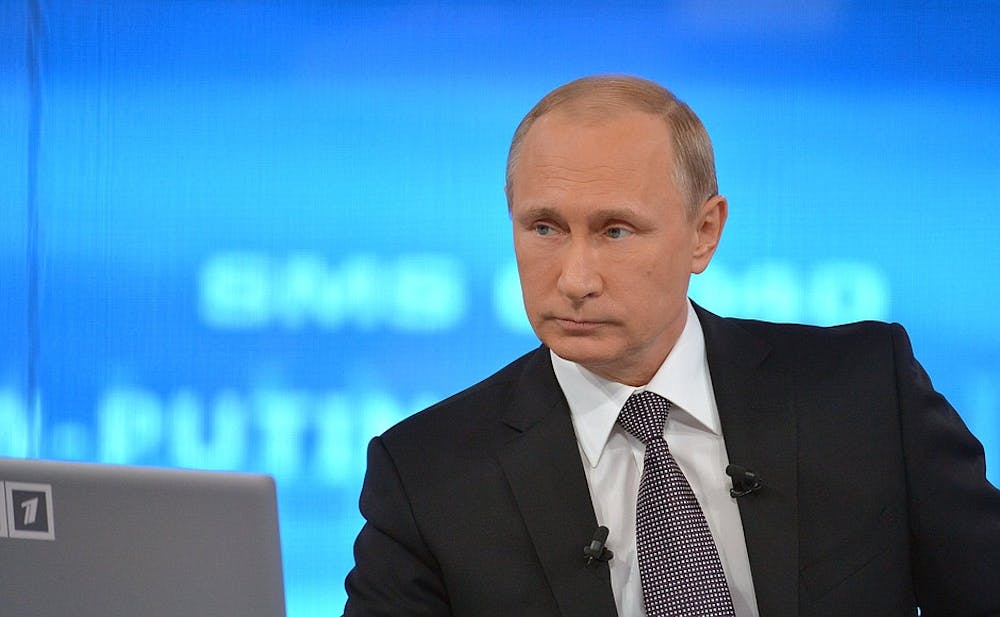A week ago, Vladimir Putin, President of the Russian Federation, signed into law a contentious bill decriminalizing domestic violence between family members. No longer in the Russian criminal code, domestic violence is now treated like any other case of battery, an "administrative violation." Battery carries a maximum fine of 30,000 roubles ($502), community service, or a 15-day detention. Repeat offenses and those causing serious medical damage are still criminalized.
Domestic violence used to have a maximum sentence of 2 years. Additionally, victims will now have to proceed with a "private prosecution" in which they collect evidence and bring their case to court by themselves.
Supporters of the bill argued it would "build strong families" and safeguard the privacy of family life. This past July 2016, the Russian Orthodox Church publicly opposed an opposite bill criminalizing domestic violence, on the grounds it had no moral justification. The Patriarch of Moscow was quoted saying, "there's no real reason to criminalize the reasonable and moderate use of physical violence by loving parents when raising their children."
Ultra-conservative senator Yelena Mizulina co-authored the bill, arguing the state has no business interfering in family affairs. Such considerations run deep in a country with a long history of intrusive state surveillance and a lack of privacy.
Some feel the state has no right to interfere in the family and that feminists have inflated the incidence of family abuse. Maria Mamikonyan, head of the All-Russian Parents Resistance movement, suggested the criminal code already includes "real beatings." She does not find it right to punish parents differently than strangers for the same act of violence. She further claimed that "...women are not offended when we see a man beating his wife.”
Domestic violence does appear deeply engrained in Russian society; the interior ministry itself record around 40% of violent crimes occur in the family.
The bill's critics maintain it will discourage reporting and restrict victims' access to justice. Yulia Gorbunova, Russia researcher at Human Rights Watch, sees it as a "big step backwards," reminiscent of the oppressive Domostroi rules during the reign of Ivan the Terrible. For rights groups, the bill emboldens and empower abusers. Nadia Tolokonnikova, a member of the notorious punk rock band Pussy Riot, said “Let’s be clear: it’s not ‘traditional values’, it’s oppression, it’s a support of violence and it’s a protection of old privileges. Fuck this shit.”
More centrist groups have also spoken out against a perceived culture of impunity and apathy about abuse. Last year, the hashtag “IAmNotAfraidToSpeak” took off in Ukraine and Russia, in which thousands of women came forward to speak of their abuse.
This law heralds a new move to traditionalism by the Russian state, and it adds new meaning to the old Russian proverb, "If he beats you, he loves you." (Если он бьет вас, он вас любит).





